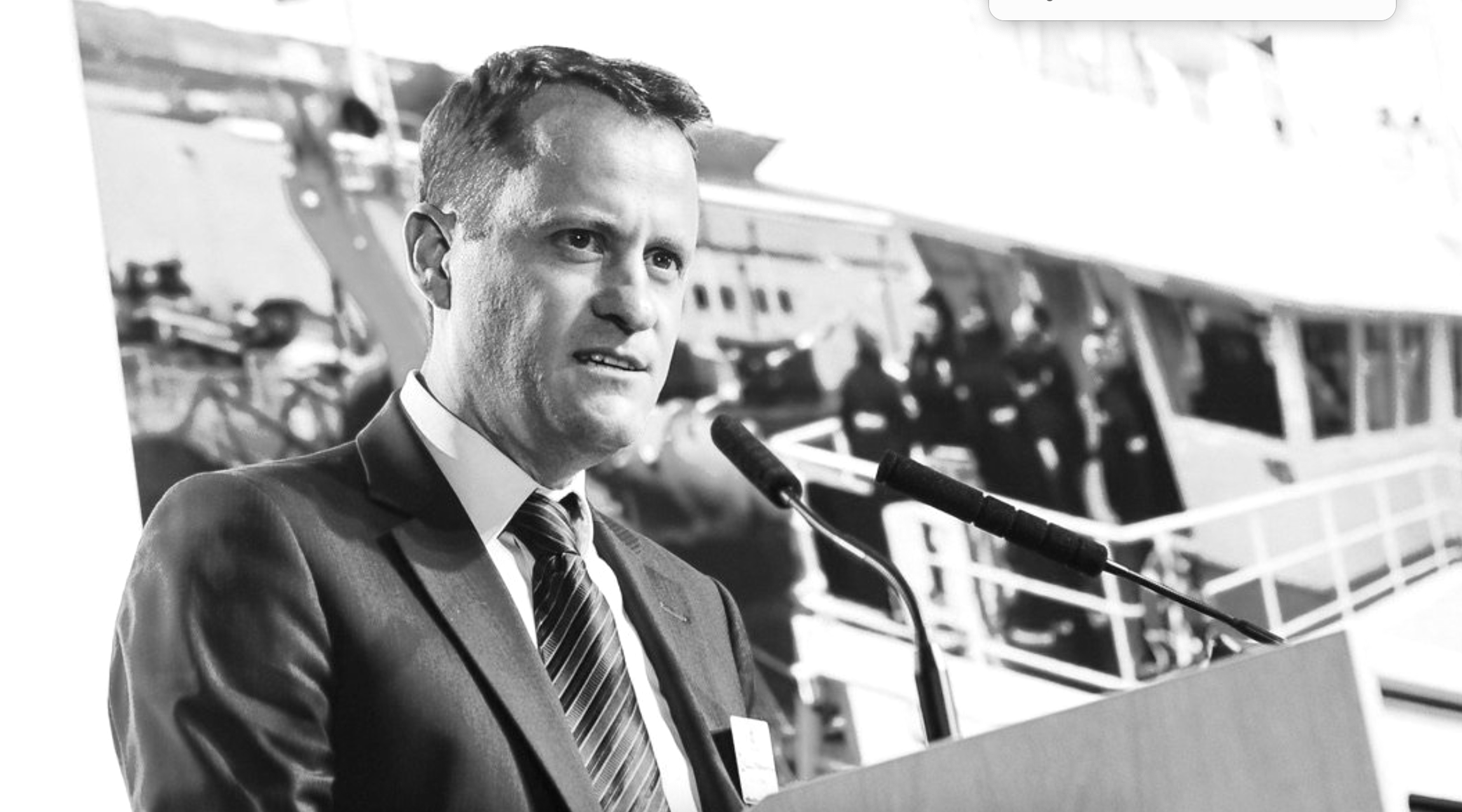
Kris Van Nijen, Managing Director of Global Sea Mineral Resources (GSR), a subsidiary of the Belgian DEME Group, stands at the forefront of the deep-sea mining industry.
Under his leadership, GSR has become a central player in testing the viability of harvesting seabed minerals from the Pacific’s Clarion-Clipperton Zone. With a methodical, science-driven approach, Van Nijen is steering one of the sector’s most closely watched technological and regulatory experiments.
Van Nijen holds a degree in environmental economics from the University of Antwerp. With over two decades of experience in marine engineering projects across continents, he has a proven track record of balancing economic, environmental, and social considerations for sustainable growth.
In 2013, GSR secured a 15-year exploration contract with the International Seabed Authority (ISA) to investigate the Clarion-Clipperton Zone (CCZ), a vast area between Hawaii and Mexico known for its abundance of polymetallic nodules. Van Nijen has emphasized a cautious, step-by-step approach to project development, stating, "We conduct these trials to better understand the challenges involved so we can continuously refine our technology."
Under Van Nijen's guidance, GSR has developed and tested the Patania II, a pre-prototype seafloor nodule collector designed to operate at depths of 4,500 meters.
The successful trials of Patania II, monitored by scientists from 29 European institutes, marked a significant milestone in deep-sea mining technology.
Van Nijen has been a vocal advocate for evidence-based decision-making in the industry, asserting, "Deep seabed mining is not settled science. There are gaps in knowledge and until these gaps are addressed it is not possible for final conclusions to be drawn about the appropriateness or otherwise of obtaining minerals from the seabed."
Looking ahead, Van Nijen continues to champion a responsible and transparent approach to deep-sea mining.
He has welcomed regulatory developments such as the European Critical Raw Materials Act, stating, "We are delighted to see that the Critical Raw Materials Act recognises the potential role of seabed minerals and we are fully aligned that deep-sea mining can only occur if it is shown that it can be done responsibly."
GSR plans to conduct a system integration test in 2025, involving a full-scale nodule collector and riser system, to further assess the technical and environmental feasibility of commercial operations.
Van Nijen's leadership underscores the importance of rigorous scientific research and international collaboration in determining the future of deep-sea mining and its role in the global energy transition.



